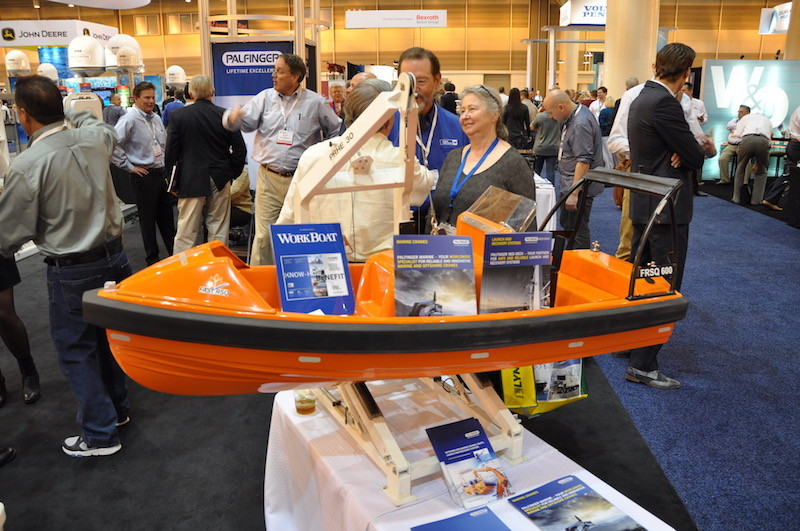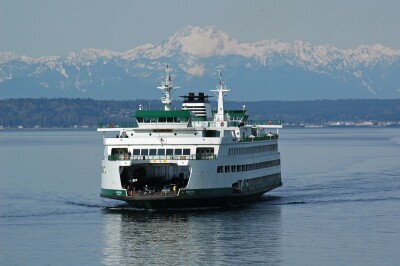After two years, the International WorkBoat Show finally returns to New Orleans. The 41st edition of the show opens tomorrow, Dec. 1, almost two years to the day since the last edition, the 40th, was held in 2019.
During this tough period, almost everything and everyone has been affected by the pandemic — no one more than those who have lost loved ones to Covid 19 and have had to deal with sickness and lengthy hospitalizations. To millions of people, the economic and social disruption from the pandemic has been devastating.
Businesses have also been affected by the pandemic. Arguably, in the workboat industry, no one has been hit as hard as the passenger vessel sector (see the December issue's Cover Story, which will be distributed at the show).
Operators are still dealing with a host of issues. Government mandates are in flux, vessel capacities curbed, extra safety precautions persist and corporate business is barely visible.
What’s more, the return of passengers has been tempered by the rising cost of food, fuel, insurance, workers — nearly impossible to find — and supply chain problems. Operators are spending more than usual advertising for help, accelerating raises, paying more and running vessels themselves. Some have had to raise prices after years of keeping them steady.
A big concern has been the Covid-related worker shortage. All workboat sectors are dealing with it. In the inland sector, companies continue to post jobs for an array of shoreside and vessel positions, but good candidates just aren’t there.
So why is it so tough to fill vacancies and keep workers on the job? Some say that workers are seeking a better work-life balance. After a stressful year of working non-stop through the Covid-19 pandemic, maritime workers are reassessing what they want out of their jobs, how much they want to earn, and how they weigh the pros and cons of certain professions.
Jennifer Carpenter of the American Waterways Operators, said operators face a longer-term challenge to “make sure we’re prepared to make ourselves attractive to advance and train the next generation of mariners, especially minorities and women.”
Let’s hope this begins at this year’s show. Welcome back everyone.





